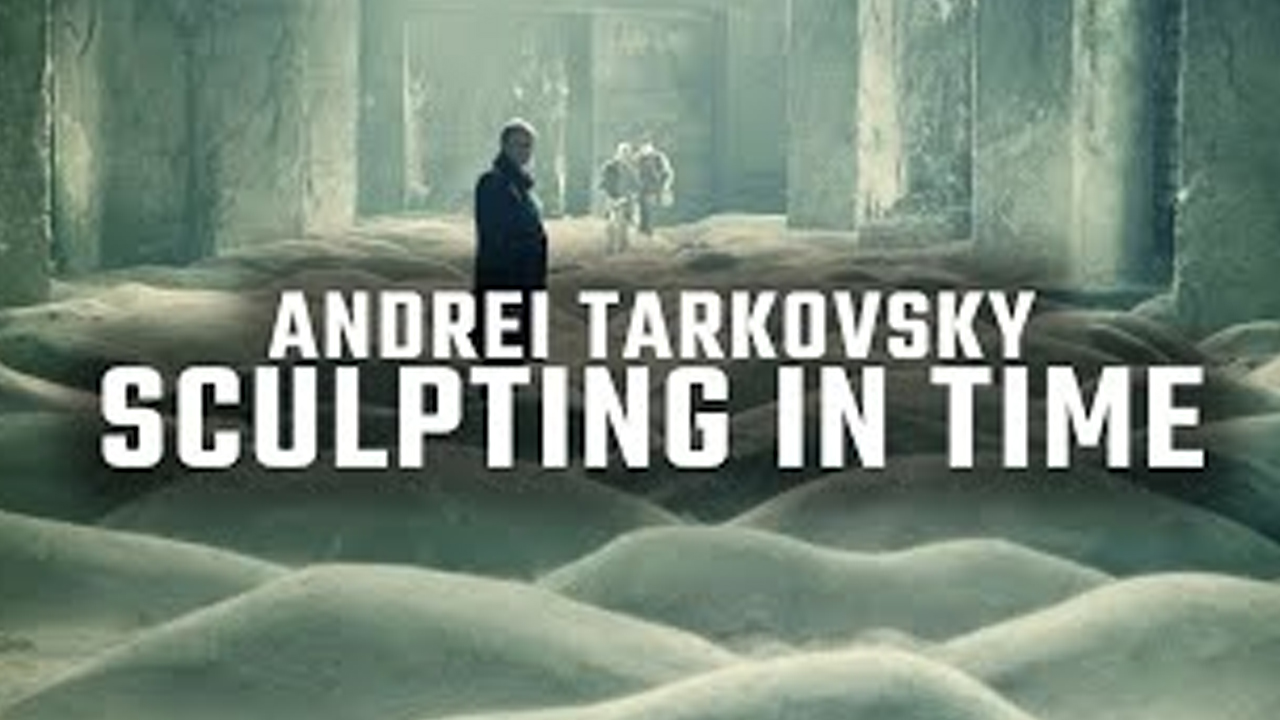Andrei Tarkovsky's book "Sculpting in Time" is a profound exploration of the art of cinema. Published in 1986, it is a collection of essays, reflections, and musings on the nature of cinema and the creative process of filmmaking. Tarkovsky was a master filmmaker whose work was deeply influenced by his own personal philosophy and beliefs. "Sculpting in Time" is his attempt to share his insights and wisdom with aspiring filmmakers and film enthusiasts alike.
The title of the book, "Sculpting in Time," is itself a poetic and evocative phrase that encapsulates Tarkovsky's approach to filmmaking. For Tarkovsky, cinema is a temporal art form, one that exists in time and is defined by the way time is sculpted and manipulated by the filmmaker. He believes that the true power of cinema lies in its ability to transcend the limitations of time and space, and to create a kind of timelessness that can only be achieved through the careful manipulation of the medium.
One of the key themes of "Sculpting in Time" is Tarkovsky's belief in the importance of the creative process. He argues that the true value of a work of art lies not in the finished product, but in the process of creating it. Tarkovsky emphasizes the importance of intuition, inspiration, and personal vision in the creative process, and encourages filmmakers to trust their instincts and to embrace their own unique artistic voice.
Another important theme of the book is Tarkovsky's belief in the power of cinema to explore the mysteries of human existence. He sees cinema as a form of spiritual expression, capable of revealing the deepest truths about the human experience. Tarkovsky's films are often characterized by their profound philosophical and existential themes, and his writing in "Sculpting in Time" reflects this preoccupation with the big questions of life.
Throughout the book, Tarkovsky is highly critical of the commercialization of cinema and the tendency of filmmakers to prioritize profit over artistic integrity. He argues that the true purpose of cinema is not to entertain, but to engage, challenge, and inspire audiences. Tarkovsky sees cinema as a tool for social and cultural transformation, a means of awakening people to new ideas and perspectives.
Overall, "Sculpting in Time" is a deeply personal and poetic reflection on the nature of cinema and the creative process. Tarkovsky's insights and musings are both profound and practical, offering a wealth of inspiration and guidance for aspiring filmmakers and film enthusiasts alike. For Tarkovsky, cinema is not just a medium of entertainment or storytelling, but a powerful means of exploring the mysteries of human existence and transforming the world around us.

Comments